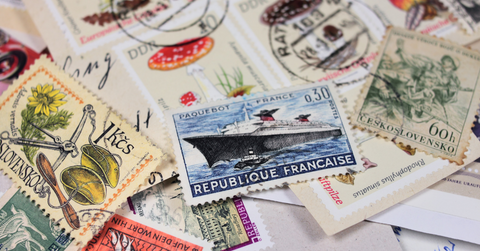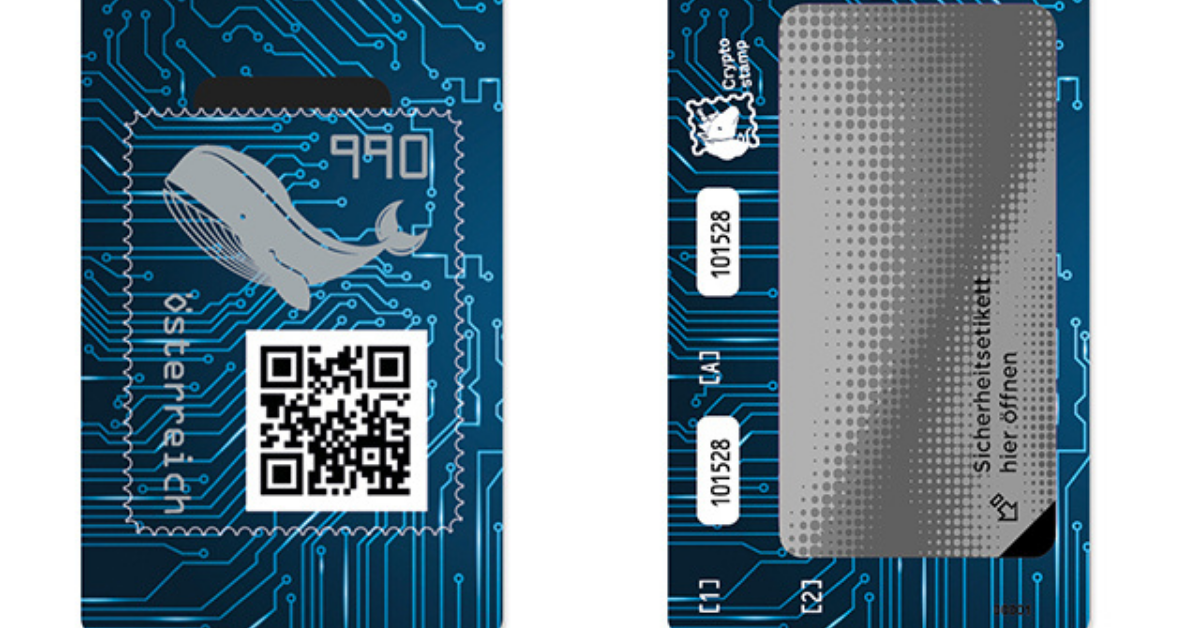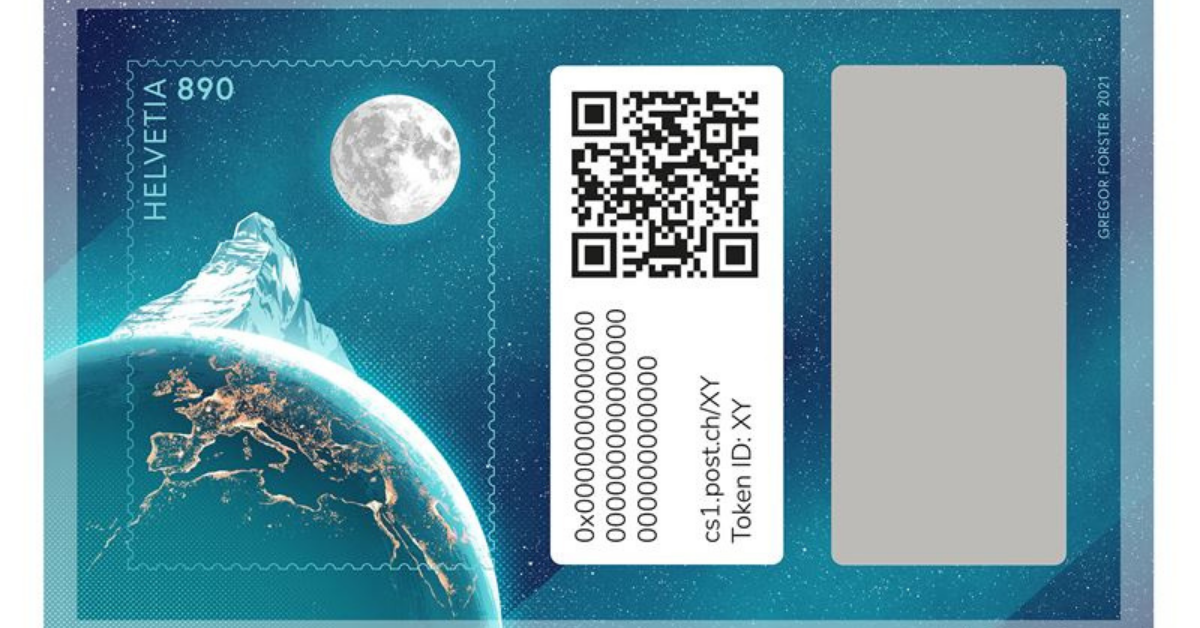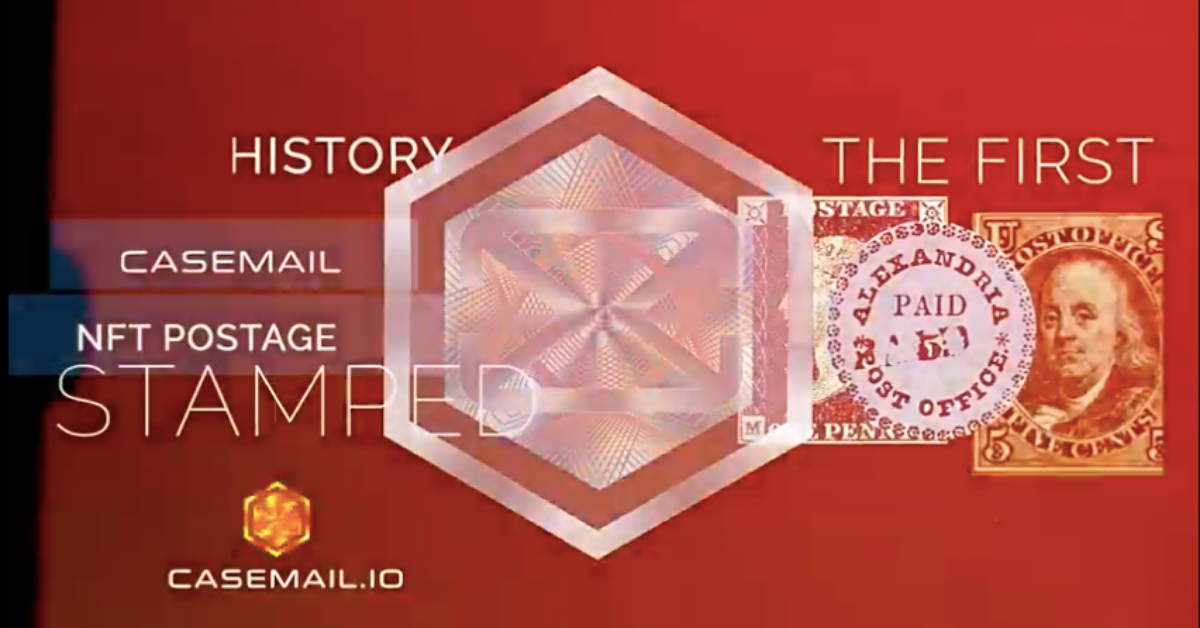Which Postal Services Have Crypto Stamps? Government-Backed NFTs
Leveraging the emerging technology of blockchain, government agencies are now introducing NFTs as crypto stamps verified on the blockchain.
Sept. 30 2021, Published 1:32 p.m. ET

Whether the concept of NFTs (non-fungible tokens) is understood or not, they're here to stay. Government agencies are slowly coming around and integrating blockchain and NFTs into daily operations, like mail and mailing services. Recently, the national postal service of Switzerland announced that it will be aligning itself with blockchain with its upcoming launch of the “Swiss crypto stamp.” Switzerland isn't the only country to introduce this concept to its mailing services.
The Swiss Post will introduce the crypto stamp that's essentially a digital collectible linked to a physical stamp issued by the postal service worth 8.9 Swiss francs. The digital collectible is considered an NFT given its properties on the blockchain. What are some other countries that also have crypto stamps?
Austria and the Oesterreichische Post AG

Austria made history in 2019 when it announced that Oesterreichische Post AG would release NFTs as stamps. It was the first government-backed institution to launch NFTs as stamps. The Austrian Post made history in the NFT awards in 2020 and took home the “Adoption Potential Award” and the “People’s Choice Award.”
Now, the award-winning digital stamps collection has incorporated NFC (near-field communication). The integration of NFC technology eliminates the need to create an additional scanning app to verify ownership of the NFT postage stamp.
UN crypto stamps supported by the Secretary General
The United Nations Postal Administration (UNPA) announced its collection of UN-inspired crypto stamps built on the Ethereum blockchain. Designed by Sergio Baradat of UNPA, the stamps feature unique designs of the UN headquarters buildings in New York, Geneva, and Vienna. The stamps were printed by Royal Joh. Enschedé of The Netherlands.
Each stamp comes encrypted with a secret code that enables its owner to activate exactly one counterpart of that stamp on the blockchain as a digital collectible. The availability is limited to 90,000 stamps in total, 30,000 per issuing office (Geneva, New York, Vienna), and encoded into the smart contract and can only be purchased via the UNPA webshop.
Switzerland- Swiss Post

In announcing its very own "crypto stamp," Swiss Post allows its users to own a digital token that provides digital representation for a physical stamp and will be stored on a blockchain. According to a representative from the Swiss Post, “Each design forms a nonfungible token and is stored in the Polygon Blockchain.” Buyers will be able to discover a digital twin of their physical stamp online through a QR code printed next to the physical stamp.
Allegedly, there are 65,000 copies of "the most common" digital design and only 50 "rarest." This suggests the expansion of exchanging, collecting, and trading of the crypto stamps, which can be done separately from the Swiss Post.
The United States- Help customers purchase postage.

Not surprisingly, the United States Postal Service (USPS) stepped into the NFT market. CaseMail, a communication service platform, announced that the USPS certified its postage NFTs for use in the U.S. The CEO and co-founder of CaseMail, Joe Ruiz, said, “It is simply postage printed from the blockchain" and can hopefully "demystify" the use of the technology.
With crypto stamps in circulation, their use creates a verifiable chain of custody for digital and physical assets. All of the data is recorded on the blockchain.
